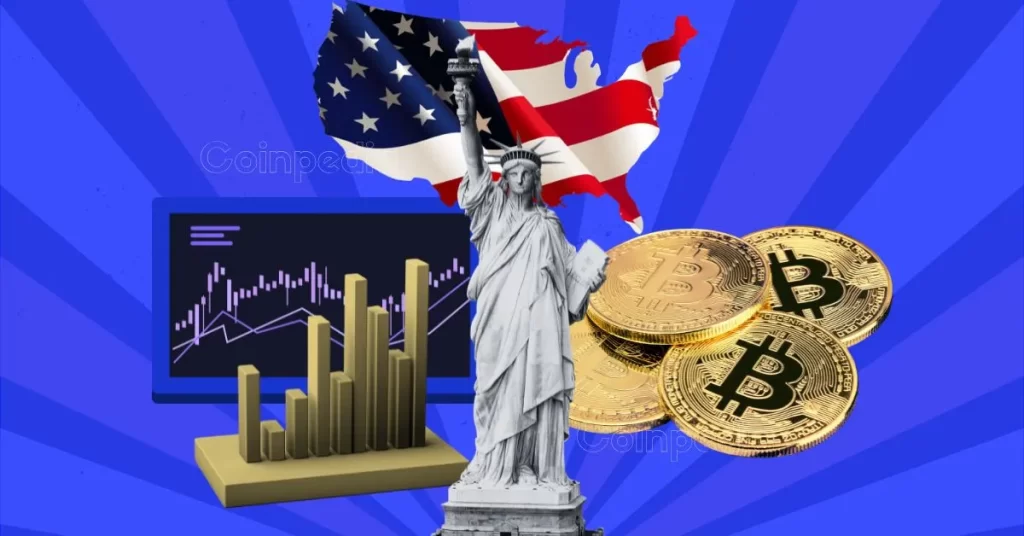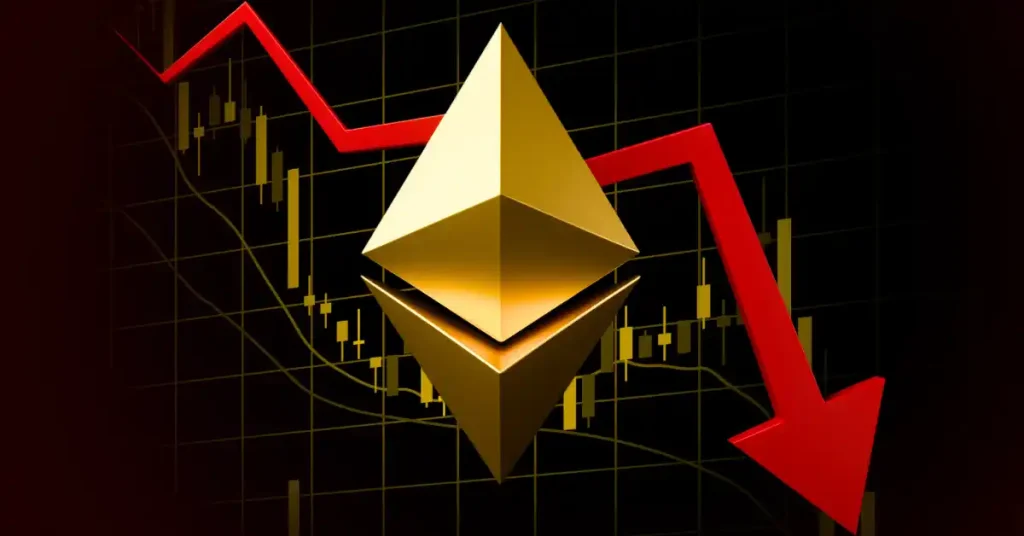German retail banks are increasingly offering private equity funds to the country’s growing pool of small-scale investors, with lenders from Deutsche Bank to fintech star Trade Republic looking to tap into the expanding asset class.
The push comes as private capital groups hunt for new sources of funding, with institutional investors reluctant to commit more until prior investments return cash.
“German retail investors represent one of the world’s largest untapped pools of wealth and private equity firms are eager to gain access,” said Claudio de Sanctis, head of retail banking at Deutsche Bank, which recently established a private markets product with Switzerland’s Partners Group.
Similar efforts are underway internationally. In the US, Donald Trump signed an executive order opening the $9 trillion retirement savings market to a broader range of assets, while UK wealth managers are increasingly offering private market products to retail clients.
Fintech platforms lower barriers, opening private markets to smaller investors
Investment thresholds vary. Deutsche Bank requires a €10,000 minimum and at least €200,000 in client assets, while Trade Republic partnered with EQT and Apollo to offer exposure from just €1. BlackRock has also teamed up with UniCredit’s German arm HVB and online broker Scalable Capital to give clients access to private equity with a €10,000 minimum.
Germany has traditionally taken a wary view of private equity. Back in 2004, Social Democratic chair Franz Müntefering had spoken of buyout investors being harmful across companies. Nonetheless Chancellor Friedrich Merz, a former head of the board of managers for BlackRock Germany, points to a more welcoming environment in the country for alternative asset managers.
German households have some €9 trillion in financial assets, more than a third of which is sitting in cash or low return deposits according to Bundesbank data.
Private equity is also a significant growth opportunity, according to Christian Hecker, co-founder of Trade Republic. Hecker noted robust early demand for Trade Republic’s private markets launch and believes that asset class to be a core component in the portfolios of retail investors over the next five years despite general German skepticism around capital markets, as Germans are eager to invest in private companies.
Industry experts warn that private equity offers opportunity but comes with risks
German investors have lagged behind their US and UK peers. Steffen Pauls, CEO of Berlin-based Moonfare, said, “In investor behavior and understanding of private equity, Germany is about 10 years behind.”
But momentum is building: Bundesbank data analyzed by Lemon.markets and Smartbroker show securities accounts grew by almost 50% over the past decade, adding nearly 12 million since 2015. About one in five Germans now participate in capital markets, driven largely by digital platforms and regulatory changes supporting semi-liquid listed funds, or Eltifs.
German savers are still showing some caution, after incurred heavy losses during the 2008 financial crisis on gated open-ended real-estate funds. The private-equity upswing is fueled mainly by supply rather than demand, noted Ali Masarwah, who runs wealth adviser Envestor. In such slightly frosty conditions, at Moonfare the company recently liquidated a closed-end private equity fund for lack of investor demand.
Industry leaders also caution against expecting too much, too soon. Steffen Meister, chairman of Partners Group, said products that promise high returns and liquidity often rely on leverage and lofty fees, adding that many will disappear over the next 10 years.
De Sanctis at Deutsche Bank echoed the concerns. “It is important that clients understand what they invest in,” he said, but added there was also an opportunity: “If we introduce this critical asset class to affluent and retail investors properly, we’ll have done a real service to our community.”
In private equity, veterans’ perspectives are changing perception over time. Meister said that attitudes in Germany have dramatically transformed from 10 or 20 years ago and the industry is no longer tainted with the same stigma.
Get $50 free to trade crypto when you sign up to Bybit now
















 English (US)
English (US)